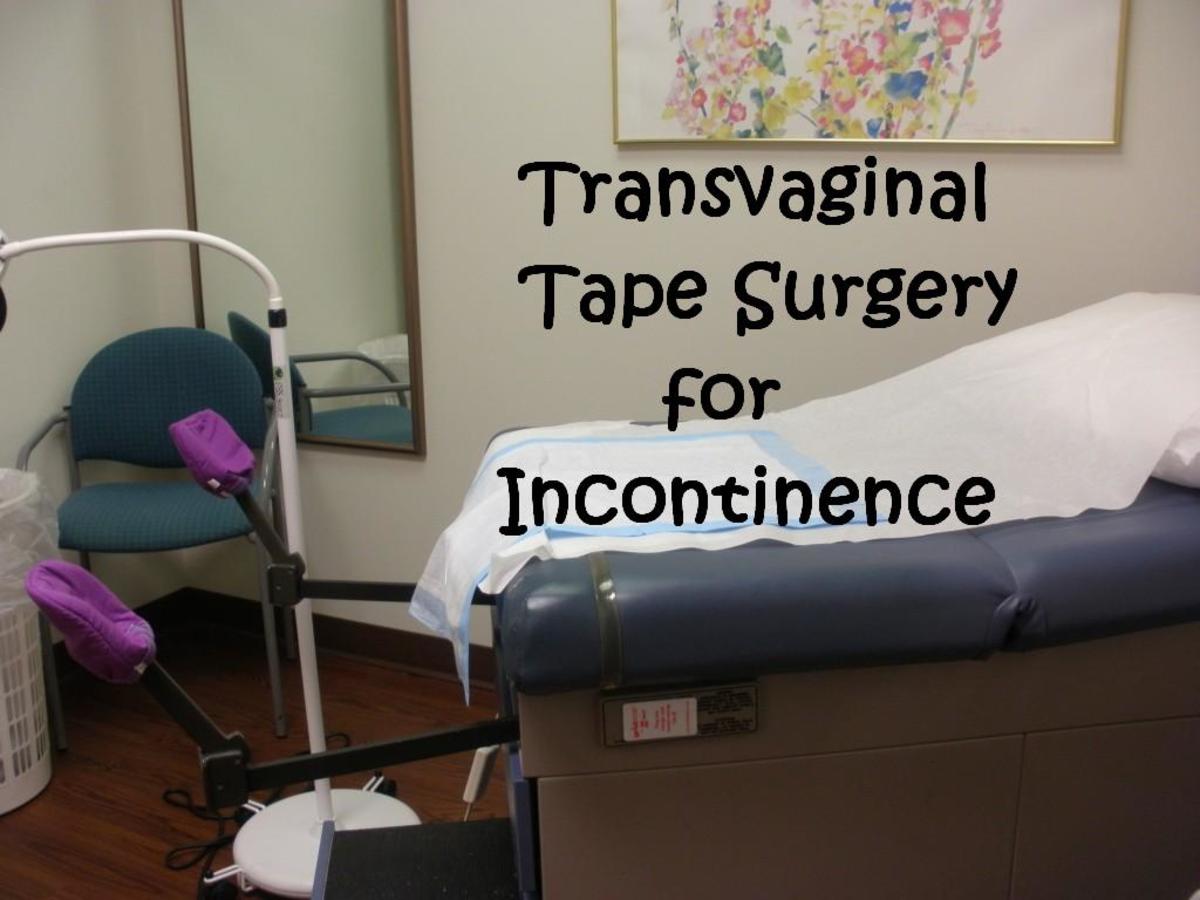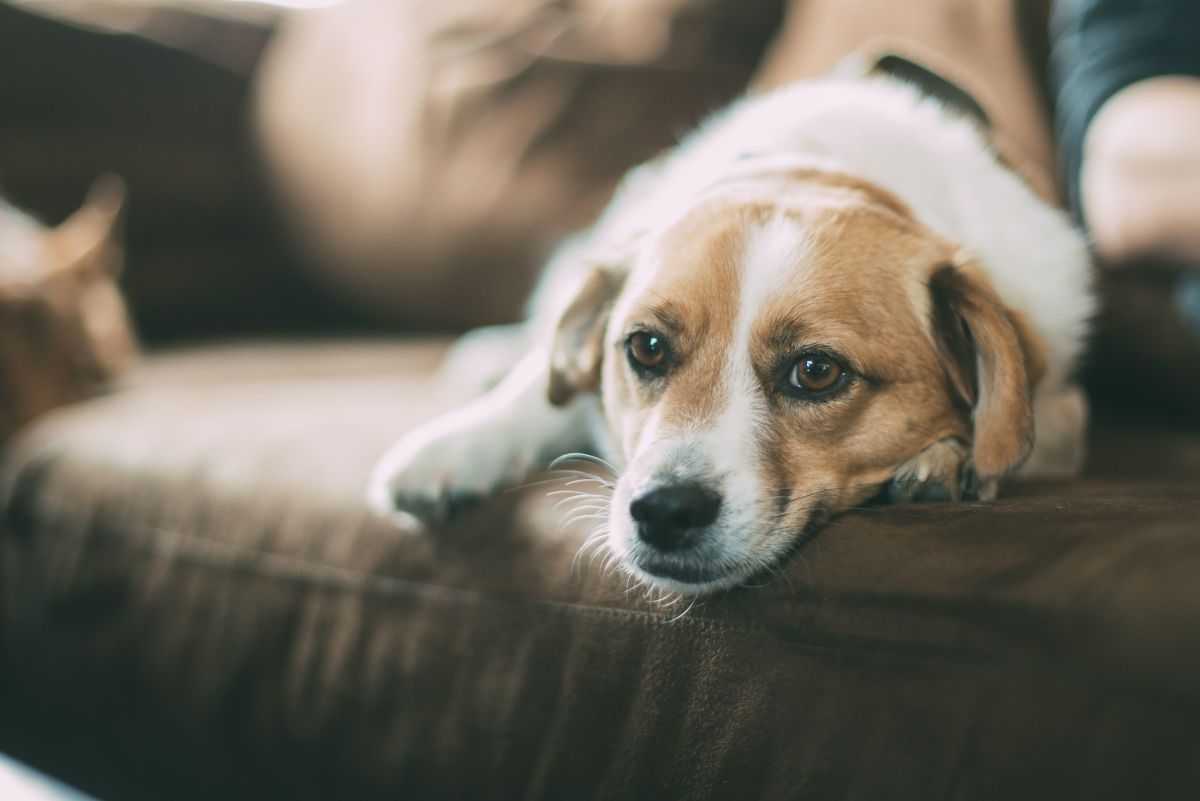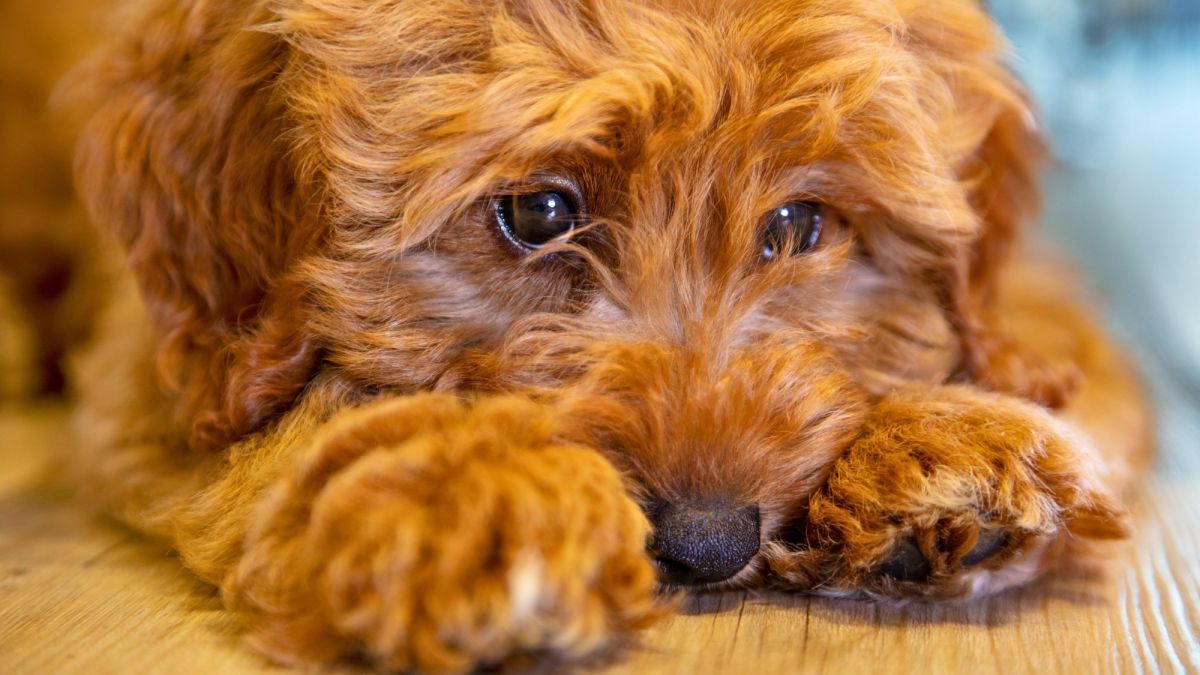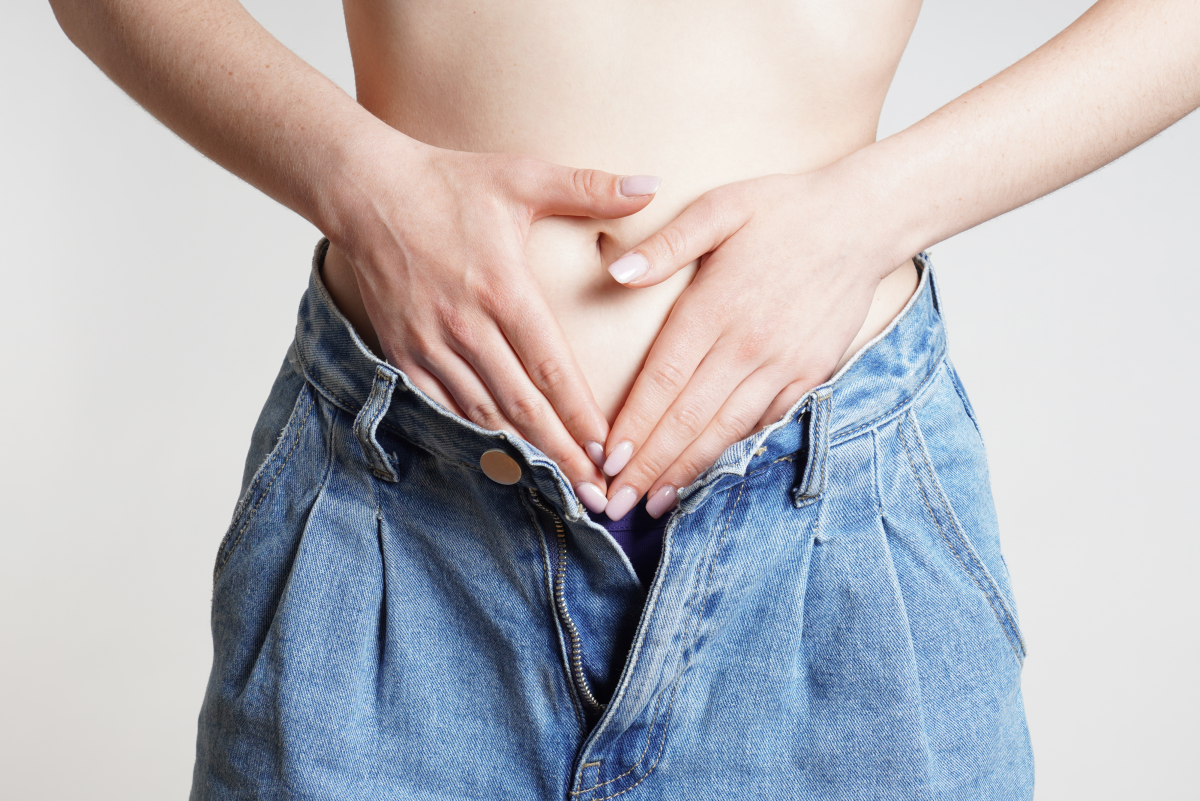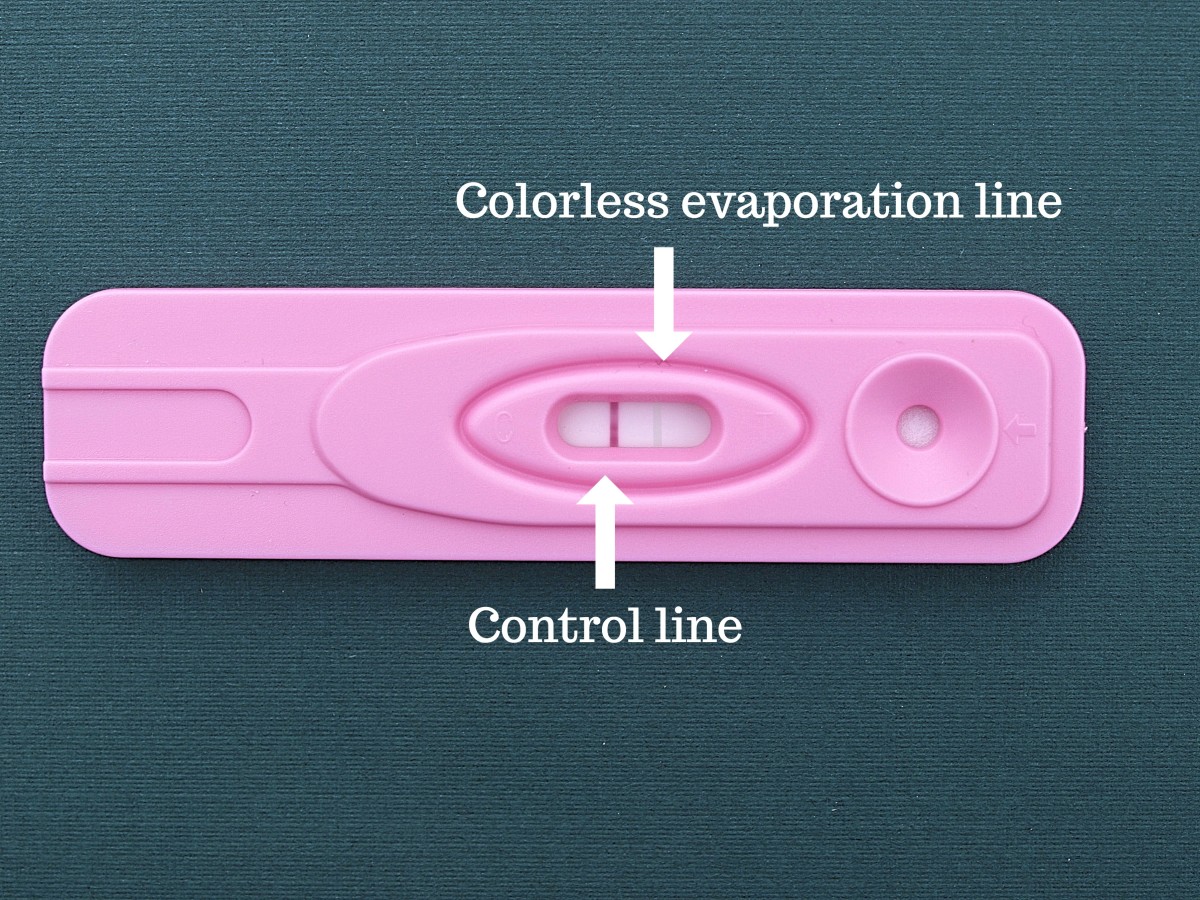INCONTINENCE AND CONTINENCE PROBLEMS
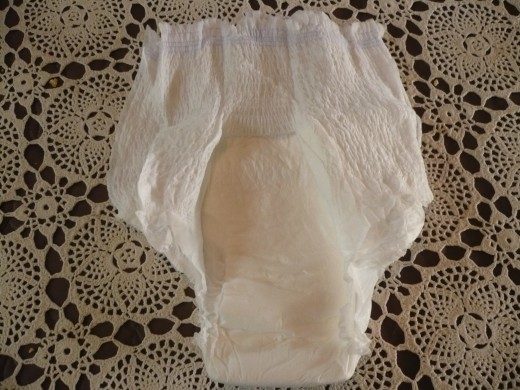
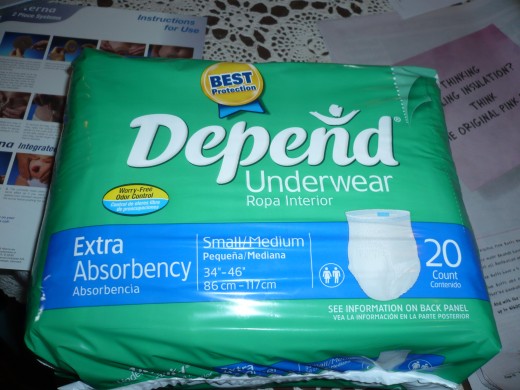
WHY AM I WETTING MYSELF?
I just had to have a little cough or a sneeze and whoops, I was wet . Being incontinent is no picnic and it is so uncomfortable walking with damp undies and I am sure that there are a lot of woman, just like I was, too embarrassed to tell the doctor. Perhaps, they were with their children getting them checked and they were thinking, "will I say something about my problem, or will I just leave it till the next time". What is that old saying "Never leave off till tomorrow, what you can do today ladies." However, even though they say, "I can put up with it a bit longer, I will tell him next time, wouldn't it be better to just get it over with while you are there then. You would only have to pay one account, that would be a plus, wouldn't it? The prices that they charge these days, that would be such a saving.
I know that I was too scared to even go out because I thought if I do that I will leak and it will go through my clothing and then everyone will know about my terrible problem with incontinence. There is no need for woman to become recluses. I found out that the good news is that problems of urinary incontinence can either be cured or at least they can be better managed in most cases. You can learn to live a normal life and like me, don't have to plan your daily activities around the closest toilets. Incontinence affects people of all ages, cultures and backgrounds, and despite the opinion that it is only older people who have this problem, I am here to tell you, that I was diagnosed at the age of 40, so you can see that this is just not the case.
FACTS CONCERNING INCONTINENCE
- 1 in 3 women who have had a babies lose loss of bladder control
- 1 in 5 children from the age of seven have been known to wet their beds
- 1 in 100 adult men and women have trouble achieving bladder control throughout the night
- 1 in 20 adult men and women experience bladder and bowel control problems
Just because we get older, it doesn't mean that we will all experience bladder and bowel control problems. Bladder and bowel incontinence problems are not an inevitable occurrence because we have grown older. Yes, incontinence is very common, but there are many things that can be done to manage it.
SYMPTOMS OF INCONTINENCE AND CONTINENCE PROBLEMS
Incontinence and continence problems are the symptoms of the dysfunction of our bladder and bowel and when we experience these sort of symptoms, this tells us that something isn't working too well in this department. One of the most common causes of these problems, is Pelvic Floor Weakness. When we have changes to the nerves that control the bladder, bowel or our pelvic floor, this can also happen. Sometimes problems such as diabetes, stroke, Parkinson's Disease, Multiple Scerosis and yes, even my Multiple System Atrophy, can cause these problems.
BLADDER SYMPTOMS
- Leakage of urine with coughing, sneezing or doing any form of exercise
- Leakage of urine on the way to the toilet
- Passing urine more frequently than normally
- Rushing to the toilet
- Having to get up more than twice during the night to go to the toilet
- Wetting the bed while they are asleep
- Having a poor flow stream of urine
- Straining while trying to empty their bladder
- Suffering from frequent Urinary Tract Infections
TYPES OF BLADDER CONTROL PROBLEMS
Urinary incontinence and continence problems could include the following
People with bowel control problems suffer from one or more of the following symptoms;
- Leakage from the bowel when they have the urge to open their bowels
- Have urgency with the urge to open their bowels
- Leakage from the bowel without the urge to open their bowels
- Leakage from the bowel when they pass wind
- When they are unable to control the passage of wind from their bowels
- When they have to strain to empty their bowels
TYPES OF BOWEL CONTROL PROBLEMS
There can be many causes for the symptoms of bowel problems and some of them are listed here:
- Diarrhoea - This is the passing of loose bowel motions frequently and in a hurry. Causes of this could include infection or conditions of the bowel such as Crohn's Disease and Ulcerative Colitis
- Constipation - This is when we pass hard, dry bowel motions, which can be usually difficult to get out. Causes of this include when we don't drink enough fluids, eating a diet that is low in dietary fibre and not getting enough exercise.
- Faecal Incontinence - This is an uncontrolled loss of a bowel motion. Causes include diarrhoea and constipation. This can also be the result of a problem in the lower bowel or the anus, making it difficult to hold onto a bowel motion. Causes could include childbirth and nerve problems such as with Multiple Sclerosis
MANAGEMENT OPTIONS
If you are suffering from Incontinence and or Continence problems, then you should go and get some help. I found that there is a large range of management options available. I spoke to a Therapist who specalises with these types of problems. Your options do depend on the type of incontinence you are suffering from and what you would like to achieve from this.
I was advised to put an incontinence management plan together and the options that I was given are listed here;
- To have an adequate fluid intake each day of between 1,500 - 2,000mls
- To have a diet that is rich in dietary fibre to prevent me from getting constipated
- A pelvic floor muscle exercise program
- A proper toilet program
- Proper medication
- Incontinence aids to help with leakage, such as pull-ups, pads or catheters
HEALTHY BLADDER AND BOWEL HABITS
Please remember there are a lot of things that we can do to to keep our bladder and bowel functions healthy and avoid incontinence and continence problems.
- Drink plenty of fluid, at least 1.5 to2 lites per day, unless your Doctors tell you s omething different.
- Eat well to prevent you from getting constipated and to maintain a healthy body weight.
- Exercise regularly to keep you fit and to prevent constipation.
- Tone up your pelvic floor by doing pelvic floor exercises to keep good bladder and bowel control.
- Only go to the toilet when you have the need to go; don't go "just in case".
- Take the time to completely empty your bladder and bowel
- Make sure to use the correct sitting position on the toilet.
- When you have the urge to use your bowels, don't delay visiting the toilet.

